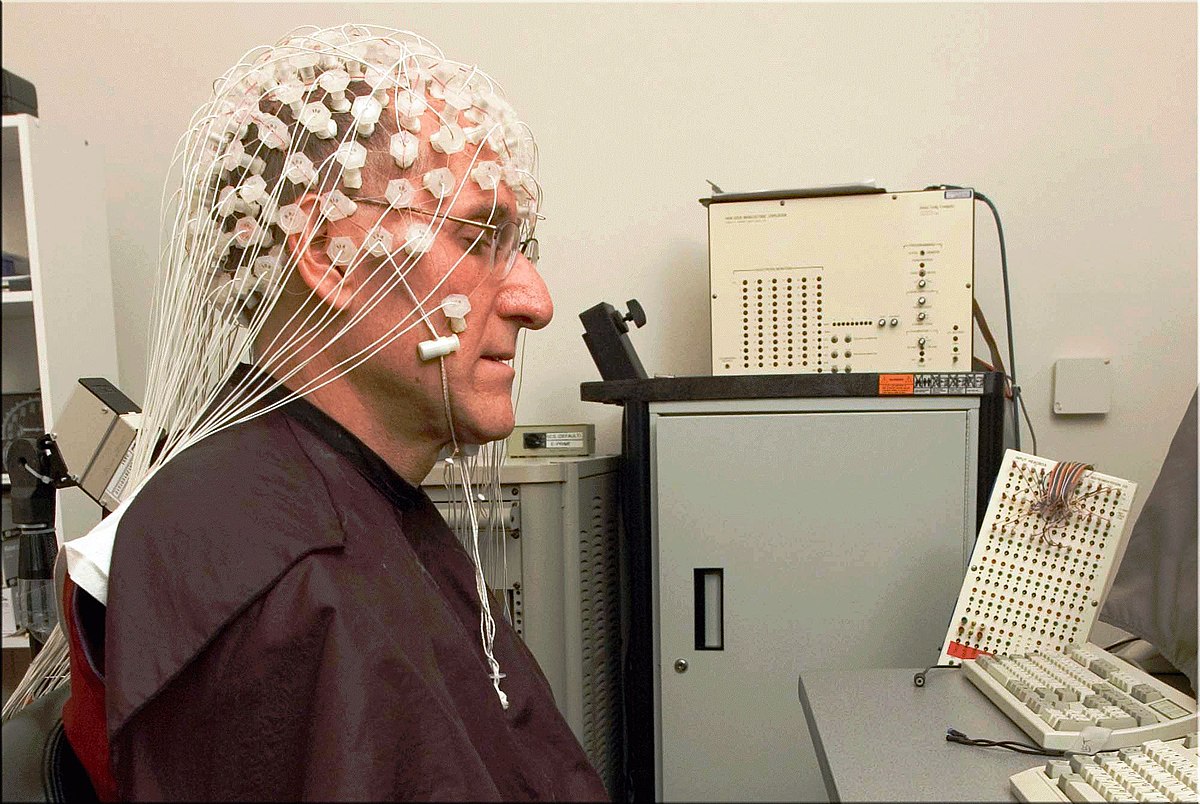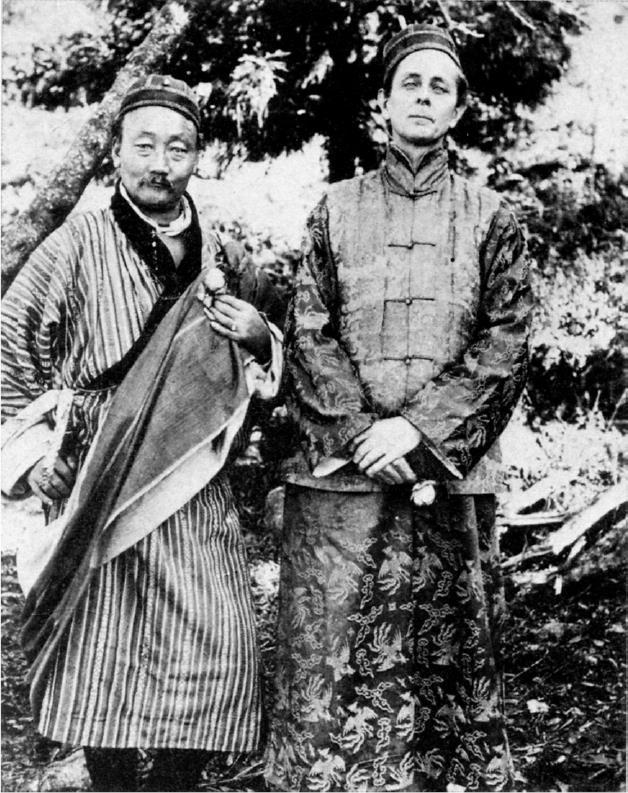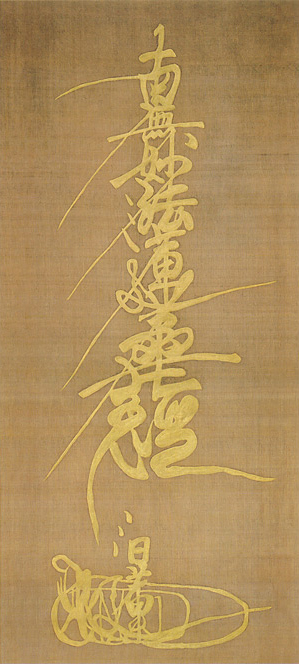I've been studying Buddhism and Zen Buddhism for about five years now. In that time I've read the likes of D.T. Suzuki, Alan Watts, Dogen, and The Blue Cliff Record. So I'm starting to get a sense of what Buddhism is about when you get into the depths of it. But I'm confused about the concept of liberation.
Early Buddhists believed that total liberation was possible, but to my eye many of their methods look like a modern mindfulness technique. In a nut-shell: understanding what the world is, understanding what I am, and accepting the world as it is. No doubt very helpful ideas and philosophy but .. liberation? Is it real? Is it possible?
As far as I can gather Buddhism lays a sheath of mysticism over the natural world, and helps adherents find it bearable. But we still have real, material problems that don't go away.
What do you think?
Early Buddhists believed that total liberation was possible, but to my eye many of their methods look like a modern mindfulness technique. In a nut-shell: understanding what the world is, understanding what I am, and accepting the world as it is. No doubt very helpful ideas and philosophy but .. liberation? Is it real? Is it possible?
As far as I can gather Buddhism lays a sheath of mysticism over the natural world, and helps adherents find it bearable. But we still have real, material problems that don't go away.
What do you think?



